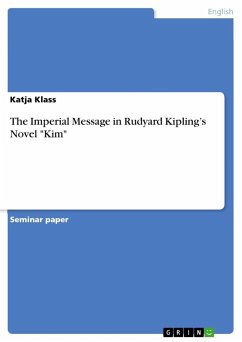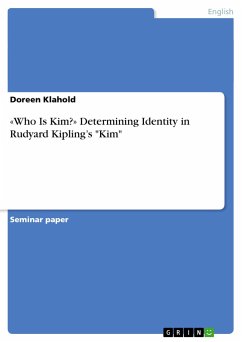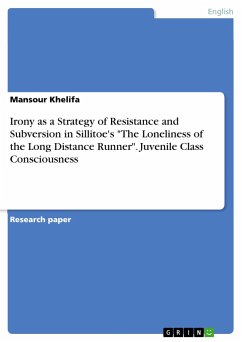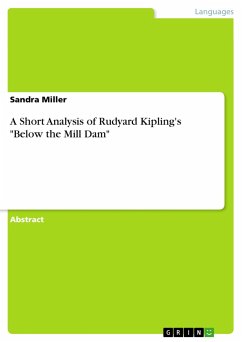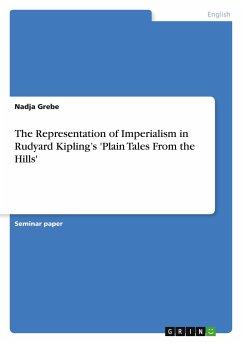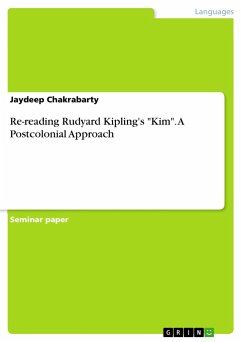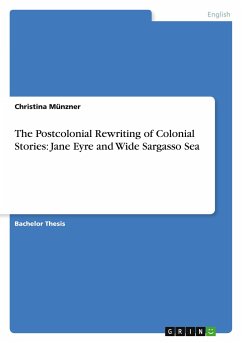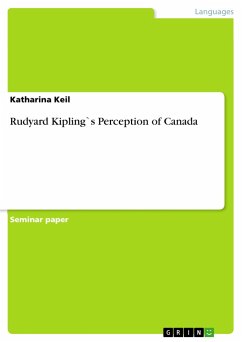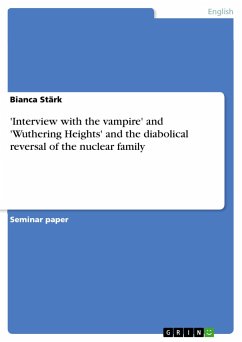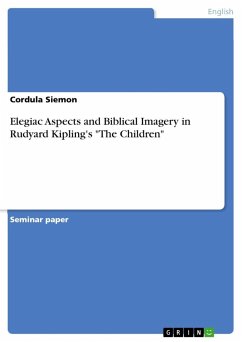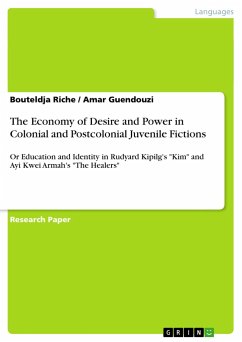
The Economy of Desire and Power in Colonial and Postcolonial Juvenile Fictions
Or Education and Identity in Rudyard Kipilg's "Kim" and Ayi Kwei Armah's "The Healers"
Versandkostenfrei!
Versandfertig in 1-2 Wochen
17,95 €
inkl. MwSt.

PAYBACK Punkte
0 °P sammeln!
Research Paper (postgraduate) from the year 2010 in the subject Didactics - English - Literature, Works, Mouloud Mammeri University of Tizi-ouzou (Department of English), course: Littérature comparée (Africaine et Britanique), language: English, abstract: This paper is concerned with the issues of mimicry and hybridity in two novels belonging to two antagonistic periods in contemporary literary history: the colonial and the postcolonial literatures. It explores through the genre of juvenile fiction the way Ayi Kwei Armah's The Healers (1978) grappled with the legacy of Rudyard Kipling in ter...
Research Paper (postgraduate) from the year 2010 in the subject Didactics - English - Literature, Works, Mouloud Mammeri University of Tizi-ouzou (Department of English), course: Littérature comparée (Africaine et Britanique), language: English, abstract: This paper is concerned with the issues of mimicry and hybridity in two novels belonging to two antagonistic periods in contemporary literary history: the colonial and the postcolonial literatures. It explores through the genre of juvenile fiction the way Ayi Kwei Armah's The Healers (1978) grappled with the legacy of Rudyard Kipling in terms of cultural and educational frames of reference. In effect, we postulate that, not only is Armah keen to distance his narrative from the far-reaching political and cultural implications inscribed in the colonial project of mimicry, but he is equally eager to take full advantage of the abrogative and appropriative thrusts inherent in the hybrid discourse in order to formulate a sense of identity and purpose that is new and native. Résumé:Cet article est une étude des questions de la mimique (mimicry) et de l'hybridité dans deux romans appartenant à deux périodes littéraires contemporaines antagonistes : la période coloniale et la période postcoloniale. Il explore à travers le genre de la littérature juvénile la manière avec laquelle la fiction de Armah The Healers (1978) s'attaque à l'héritage de Rudyard Kipling, en termes de culture et d'éducation. Notre postulat est que, non seulement Armah prend ses distances vis-à-vis des implications du projet colonial de mimique, mais aussi il exploite les strategies d'assimilation et d'abrogation latent dans le discours hybride en vue de formuler un sens de l'identité et d'objectif qui est nouveau et local.



